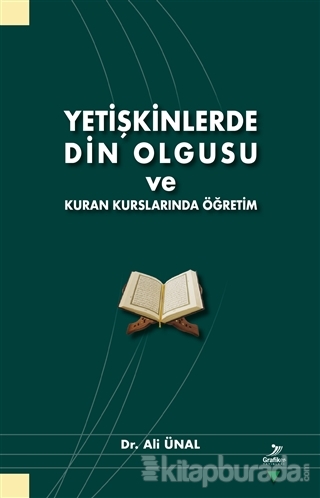
He also said: Overeating does not go with good health. For example, as recorded by al-Haythami, on seeing a fat man, he said: If you did not have a paunch, it would be better for you. The Prophet, upon him be peace and blessings, also drew attention to obesity and over-eating. His list of food for dieting mostly included vegetables. Lbn Sina, the renowned Muslim physician and philosopher, said: ‘Never have a meal until the one before it has been digested.’ He also advised against excessive salt and fatty meat. Harith ibn Khalada, the physician of the Arabs, was once asked: What is the best medicine? He replied: ‘Necessity- that is, hunger.’ When asked what the disease was, he said: And avoid all excess, for God hates a learned man who is fat. ‘Umar, the second Caliph, said: Avoid getting a pot-belly, for it spoils the body, causes diseases, and makes doing the prayer tiring. He also said: Fullness causes heart spasms. For the heart is like a sown field: over-irrigation causes the seed to rot. The following saying uttered in relation to the spiritual harm caused by over-eating, can also be read in relation to heart diseases arising from overeating:ĭo not kill your hearts by eating and drinking too much. One third of the stomach is for food, one third for drink, and one third for air. Let him have just a few mouthfuls to strengthen the limbs. The son of Adam fills no container worse than his stomach. Follow a middle way in eating and drinking as this improves the body. Overeating exhausts the body and causes illnesses. The criterion established by Islam, and reiterated by the Prophet, is: The middle way is the best in every affair.Īmong other sayings of the Prophet which warn against the dangers of overeating and obesity are:Īvoid filling the stomach with food and drink. God put all medicine into half of one verse when He said: Eat and drink but not to excess.’ The Prophet, upon him be peace and blessings, also drew attention to obesity and over-eating. Eat and drink but not to excess (7.32), and Do not cast yourselves into destruction by your own hands (2.195), may be mentioned (besides their other meanings) as Divine warnings against transgressing the limits in eating and drinking and doing harm to ourselves because of carelessness. There is a good deal in classical Islamic sources on the subjects of over-eating and obesity. Arteriosclerosis in adults is a factor in high blood pressure or hypertension, and in certain diseases of the heart eyes and kidneys. Obesity during infancy may, in later life, cause such diseases as arteriosclerosis and the other ailments which often accompany it.

Obesity is harmful to infants as well as adults.

Obesity caused by over-eating is injurious to human health. It can also result from too much of the wrong food and from too much of even the right food. Malnutrition is not the result of only insufficient food.


 0 kommentar(er)
0 kommentar(er)
